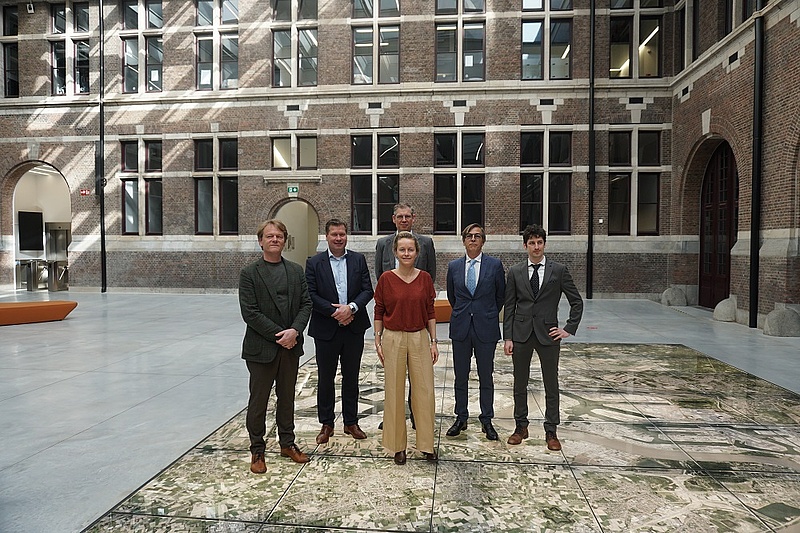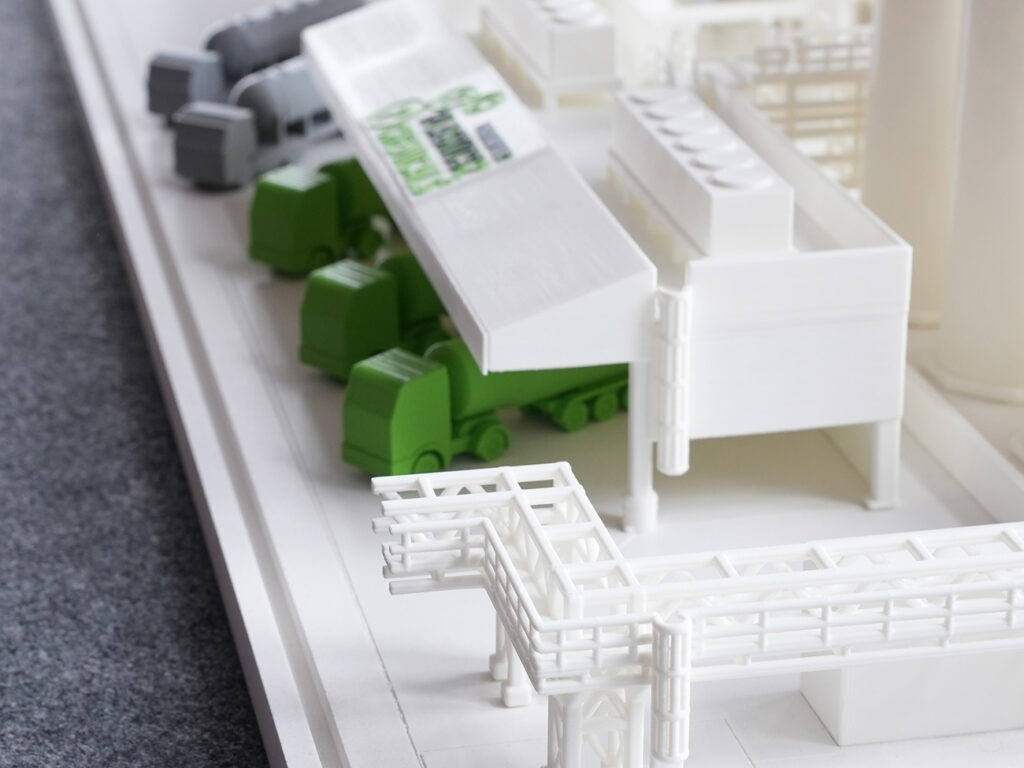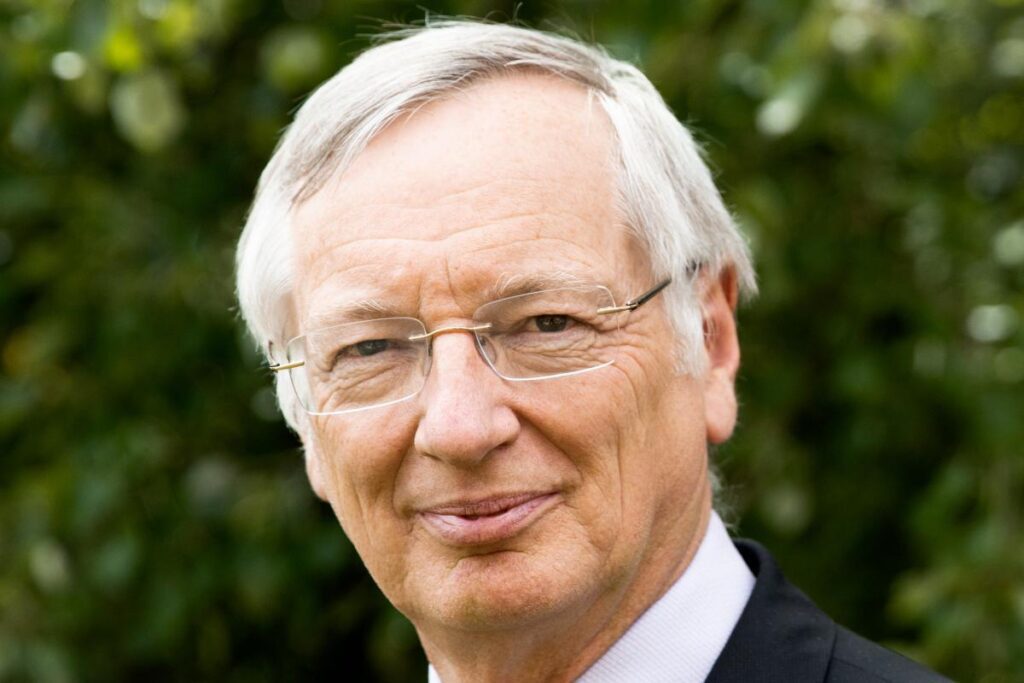Two projects selected after an open call to stimulate the circular economy in the Antwerp port area
For the transition to a circular economy, Port of Antwerp is committing itself to the transition to climate-neutral energy and raw materials and to the closing of cycles so that waste flows can be given a second life and be reused or recycled. Accordingly, together with the experts from the Flemish Symbiosis Team, supported by VITO and OVAM, and essenscia (the Belgian federation of the chemical industry and life sciences sector), it has launched an open call for symbiosis projects which, through strong industrial partnerships, will contribute to closed material cycles in and around the port. An independent jury chose Indaver/Marlux-Stradus and Dockwater BV as the most promising symbiosis projects. These projects, aimed at reducing residual waste and reusing water, will each start on a support project worth EUR 50,000 in the coming weeks.
Open call for projects within the framework of industrial symbiosis
The call for industrial symbiosis projects supports companies in innovative collaborations and helps them to find ways to use the waste from one of them as a raw material for the other. The open call for projects, which Port of Antwerp launched with its partners in September, asked participants to take up the challenge of proposing a symbiosis project in which at least two different companies, one of which is located in the port area, can exchange materials and thereby make a significant contribution to the circular economy in and around the port of Antwerp. Real business cases with a chance of success were sought out and are thus given a boost.
Indaver/Marlux-Stradus and Dockwater BV convince the jury
An independent jury of experts evaluated the submitted symbiosis projects based on several criteria including environmental impact, scalability, innovative character and the potential to lead to a real investment which will help Flanders to reduce its residual waste or material consumption.
The first project will involve a joint venture between Indaver and Marlux-Stradus in which concrete clinkers will be produced from secondary raw materials. Indaver processes around 450,000 tonnes of household waste or comparable industrial waste annually, which results in approximately 90,000 tonnes of bottom ash remaining.
After processing, 30,000 tonnes of granules remain which can be used as secondary raw material for the concrete clinkers produced by the Marlux-Stradus company. As such, the recovered granules are provided with a high-quality application.
Dockwater BV also convinced the jury with a symbiosis project in which dock water and effluent water from industrial companies in the port (including Evonik and Covestro) are processed into high-quality process water. This allows the industry to reduce its drinking water consumption significantly, thus reducing the pressure on fresh water sources in Flanders, with a positive effect on our drinking water supply. In addition, it will be investigated whether additional surface water can be returned to the docks, which would be beneficial during droughts for maintaining the level of the dock.
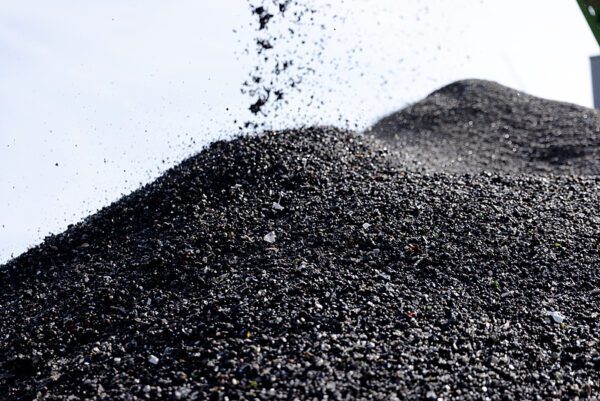
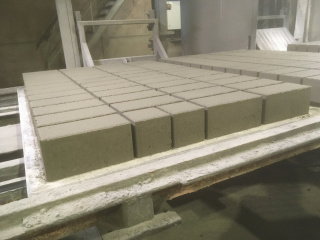
Support process
In the next few weeks, both companies will start their support process.
Port of Antwerp will provide a maximum amount of 50,000 EUR per project for analysing and testing the opportunities for symbiosis. The symbiosis companies themselves will contribute 25% of the total cost of the support process. During the project, the companies will be supported by their partners with regard to technical and policy feasibility, among other things. The ultimate goal will involve enabling the companies concerned to take the next step towards the roll-out of industrial symbiosis at company level after the completion of this process.
